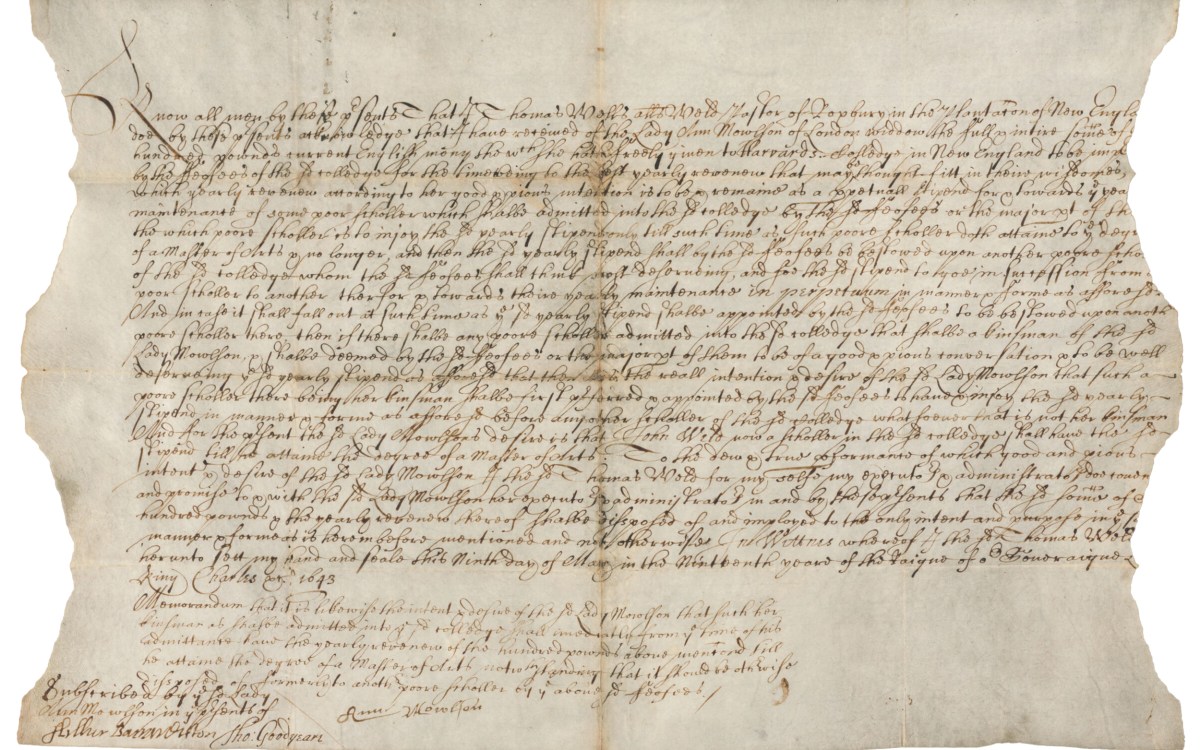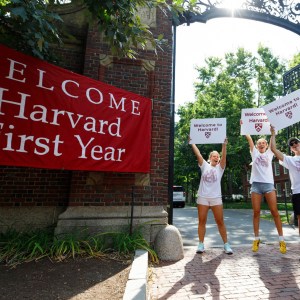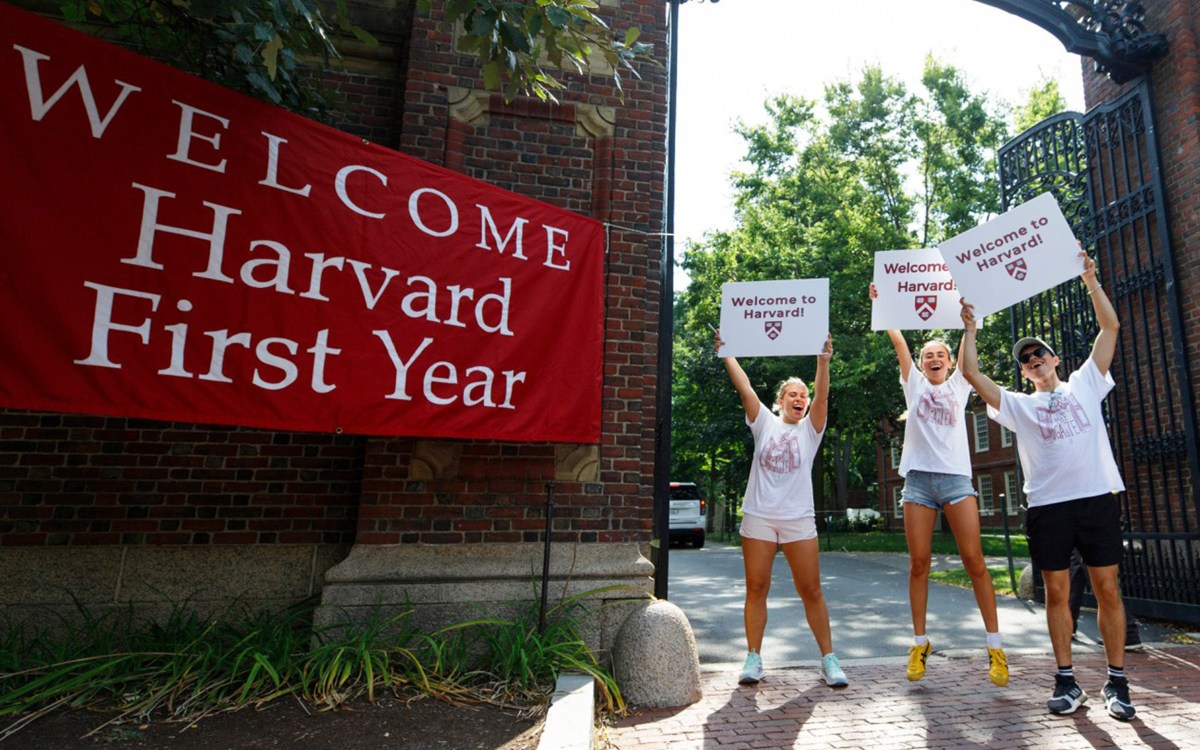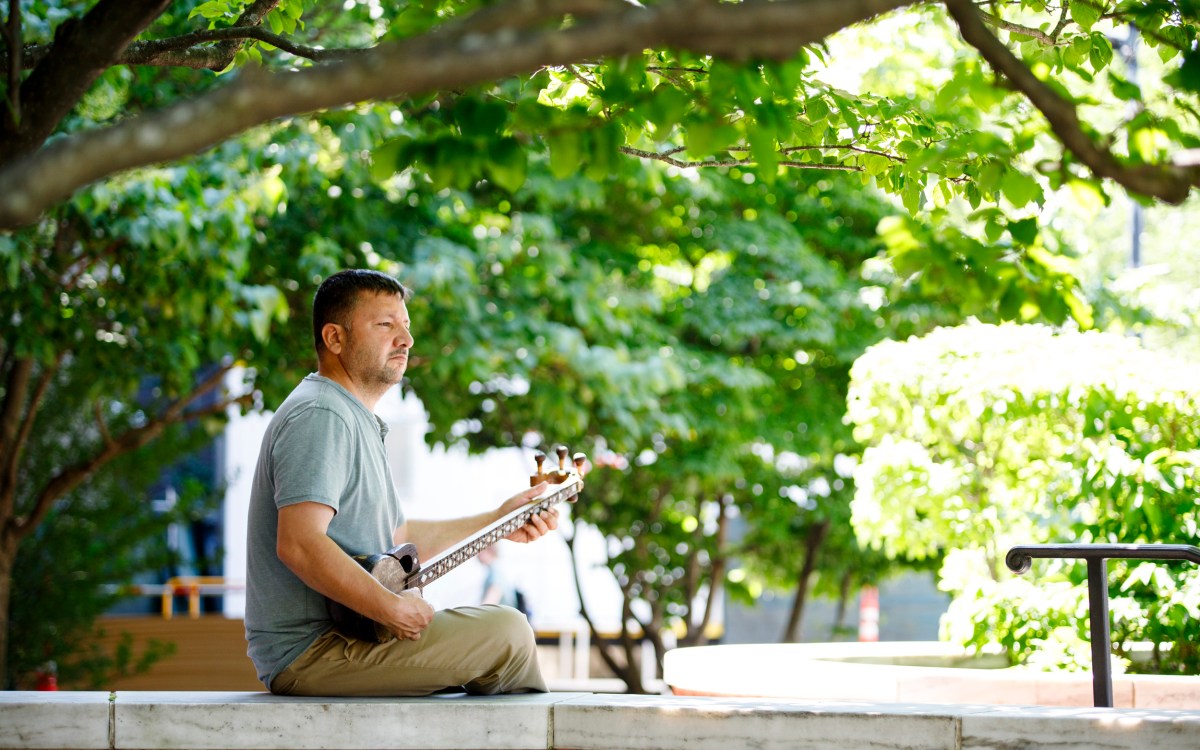From KSG to Gore headquarters: Lecturer Elaine Kamarck has become a major voice on the campaign trail

However the U.S. presidential race turns out for Vice President Al Gore and Texas Gov. George W. Bush, it’s looking like a winner for Elaine Kamarck.
Kamarck, a lecturer in public policy at the John F. Kennedy School of Government, has been on leave since January to serve as senior policy adviser to Gore’s campaign. In that post, she’s helped craft Gore’s positions on major issues and helped draft the platform adopted at last summer’s Democratic National Convention.
Kamarck, of course, would like to see her candidate win, but acknowledges that the experience she is gaining — whatever the voters decide on Election Day — will be valuable.
“In the field of political science and public policy, your teaching is always enriched by an experience like this,” Kamarck said during a recent stop at Harvard before jetting off to Gore headquarters in Nashville. “You have a much keener understanding of real world constraints. And understanding the real world constraints of policy-making is essential.”
Even before the campaign, Kamarck had ample experience both in policy and Democratic politics. She was one of the founders and a senior fellow at the Progressive Policy Institute, the think tank associated with the centrist-oriented Democratic Leadership Committee.
She worked on the Clinton Administration’s welfare reform task force and served as a senior policy adviser to Gore, helping create and manage the administration’s National Performance Review, also known as the Reinventing Government project.
Kennedy School Dean Joseph Nye said her experience in the administration is one of Kamarck’s strengths, providing her with perspective she can draw upon when teaching about the workings of government.
“Elaine…has terrific experience,” Nye said. “She has practical experience in that she ran the Reinventing Government program. She’s been there. She’s done it.”
With that background, no one was surprised when Kamarck decided to help out with the Gore campaign, said Lynn Akin, project coordinator at the Kennedy School’s Visions of Governance for the Twenty-First Century program, which Kamarck directed before leaving for the campaign.
“She’s passionate about government, passionate about good government,” Akin said.In many ways, Kamarck said, her work on the campaign is similar to what she did for the Clinton Administration: finding people knowledgeable about an issue to help craft policies.
“I dealt with a breadth of issues (before the campaign),” Kamarck said. “You need to be able to deal with many issues and find and assemble experts on any issue.”
Gail Christopher, executive director of the Innovations in American Government Awards program, to which Kamarck serves as faculty adviser, said one of the most important things Kamarck is getting out of the campaign is a close-up view of American voters.
That view is essential because it’s easy to lose touch while making policy in Washington, D.C., or analyzing policy here at Harvard, Christopher said.
“I think clearly the wisdom one gains from that kind of front-line experience [is important],” Christopher said. “The campaign allows a level of access to the American public that is direct.”
Christopher said the whole point of the Reinventing Government project was to make the government friendlier to those using its services — the public. That requires that the people redesigning government policies and processes know what the public wants from its government.
“I think it’s easy to think the world you see [in Washington] is a real world. Washington especially tends to give one a beltway consciousness,” Christopher said.
Christopher said Kamarck is suited for a political campaign. Not only is she energetic — a necessity in order to survive the long days and weeks of a campaign — she is focused and determined.
“She has the right personality for a political environment,” Christopher said.
Early in her career, Kamarck worked as director of special projects for the Carter-Mondale campaign and also worked as a staff member at the Democratic National Committee. She has taught at Barnard College, Bryn Mawr College, Georgetown University, and George Washington University’s Graduate School of Political Management. She’s been at Harvard about three years.
In the campaign’s final weeks, Kamarck said, Gore needs to focus on undecided states with a lot of electoral votes such as Michigan, Ohio, Pennsylvania, and Florida. Though recent polls show Bush with a slight lead over Gore, enough undecided voters remain to swing the election either way.
“There’s a hundred things [to do]. There’s the swing voters left, and we need to make sure the base gets out and votes — between those two things we have our work cut out for us,” Kamarck said.
Kamarck said she’s been so focused, she really hasn’t looked beyond the campaign’s end. She is looking forward to returning to her teaching duties at Harvard, but said she’d also consider the right post in a Gore Administration.
One thing she hasn’t yet done is plan a vacation. Despite the long hours demanded in a presidential campaign, Kamarck said she isn’t sure what she’ll do to relax when it’s over. What it probably won’t entail, though, is a flight to Nashville.
“We’re very tired of Nashville, very tired of planes,” Kamarck said.




